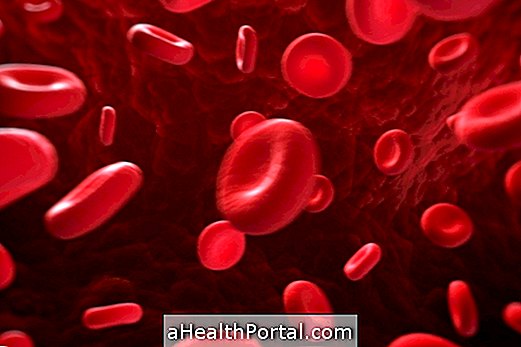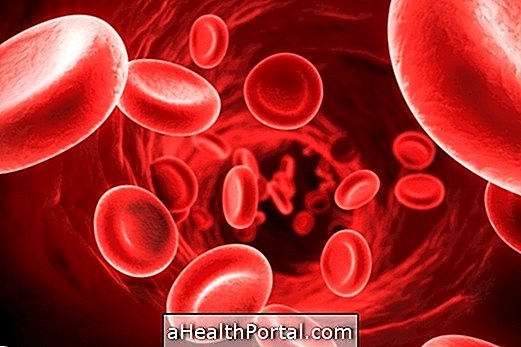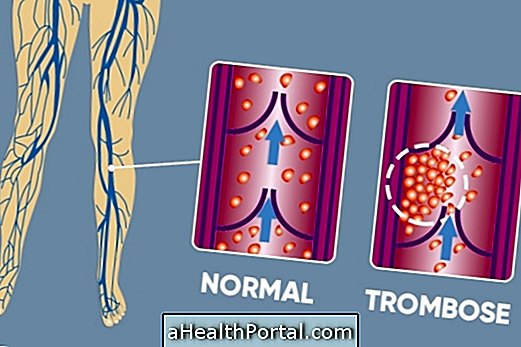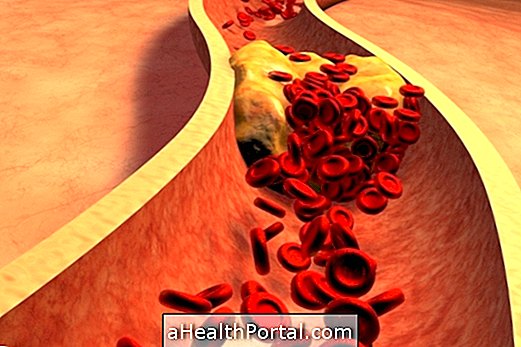Treatment for pancytopenia should be guided by a hematologist, but it is usually initiated with blood transfusions to relieve symptoms, and then it is necessary to take lifelong medicines or do a bone marrow transplant to maintain recommended levels of blood cells .
Usually, pancytopenia does not have a definite cause, being caused by the patient's own immune system that attacks the blood cells. In these cases, the symptoms are milder and your doctor may recommend:
- Frequent blood transfusions, which are used to control symptoms early in treatment, especially in young patients;
- Immunosuppressive medicines, such as Thymoglobulin, Methylprednisolone or Cyclophosphamide, to prevent the immune system from destroying blood cells;
- Bone marrow stimulant medications, such as Epoetin alfa or Pegfilgrastim, to increase blood cell production, which may be decreased when the patient does radiation or chemo, for example.
In some cases these treatments can cure pancytopenia, restoring blood cell levels, however, in most cases, the patient should maintain the treatment for a lifetime.
Even in the most severe cases where blood cell levels are very low, bone marrow transplantation may be necessary to prevent the onset of bleeding and serious infections that can threaten the patient's life.
Signs of improvement of pancytopenia
Signs of improvement in pancytopenia may take a few months to emerge and include primarily increased blood cell counts as measured by blood test as well as reduction of hematoma, bleeding, and infection.
Signs of worsening of pancytopenia
Signs of worsening of pancytopenia arise when treatment is not done properly or the disease develops very fast, causing severe bleeding, frequent infections, and seizures.
When to go to the doctor
It is recommended to consult the hematologist or go to the emergency room when the patient presents:
- Fever above 38ºC;
- Difficulty breathing;
- Convulsions;
- Confusion or loss of consciousness.
These symptoms may appear even during treatment, being a sign that the treatment must be adapted by the doctor.
Learn more about this disease in:
- Pancytopenia

























